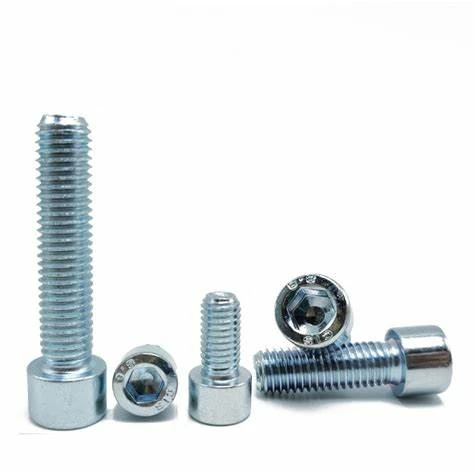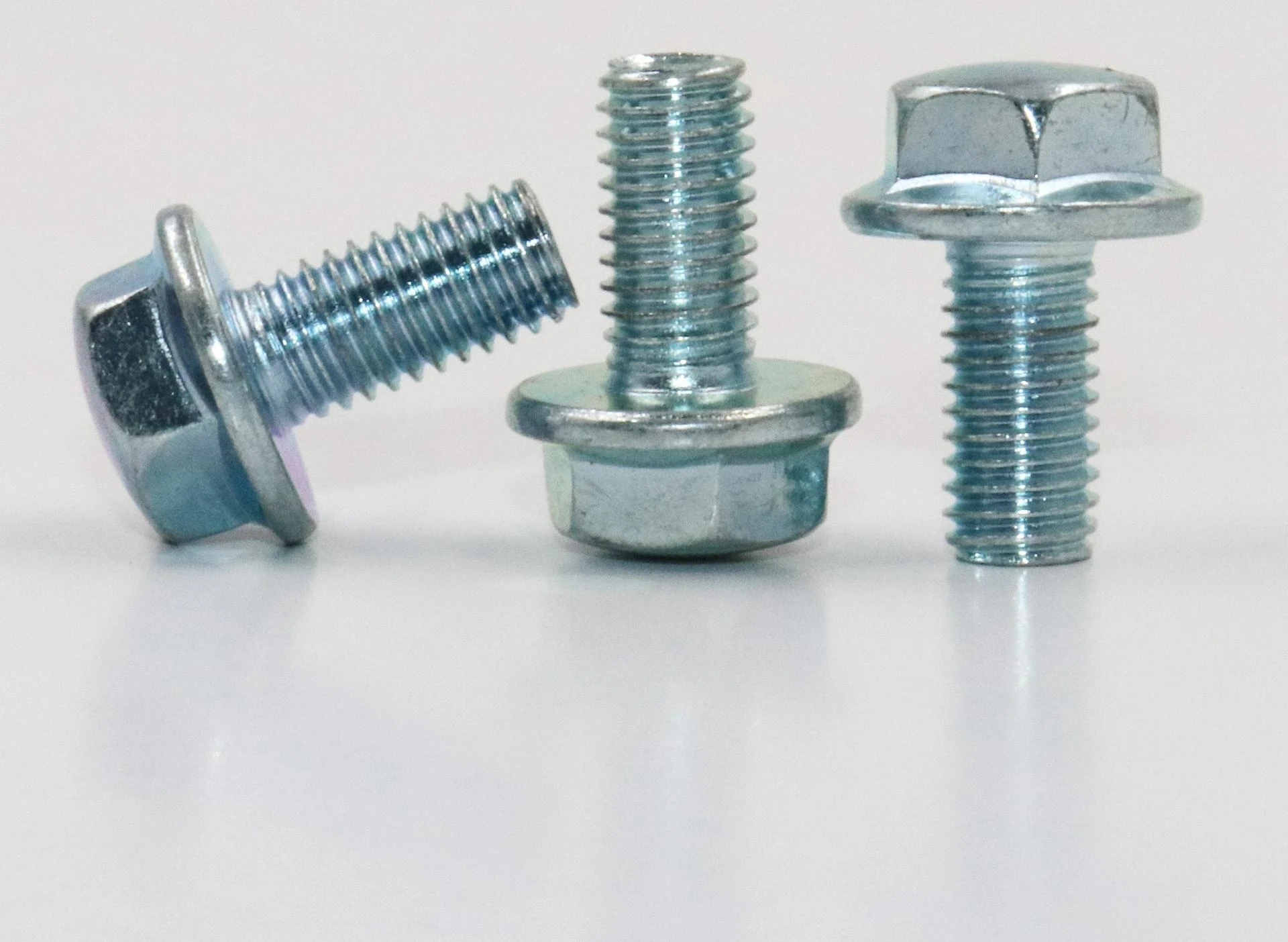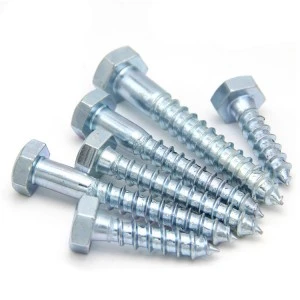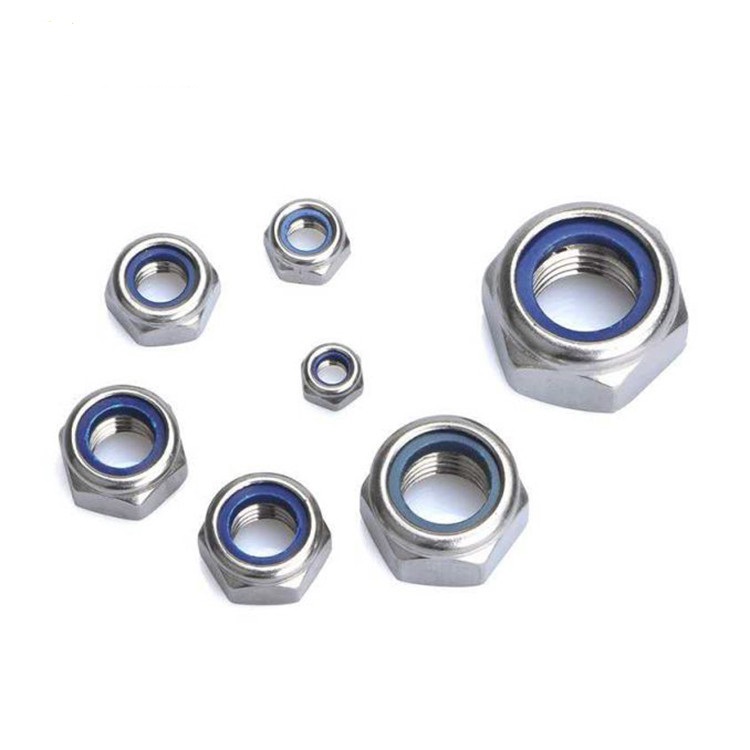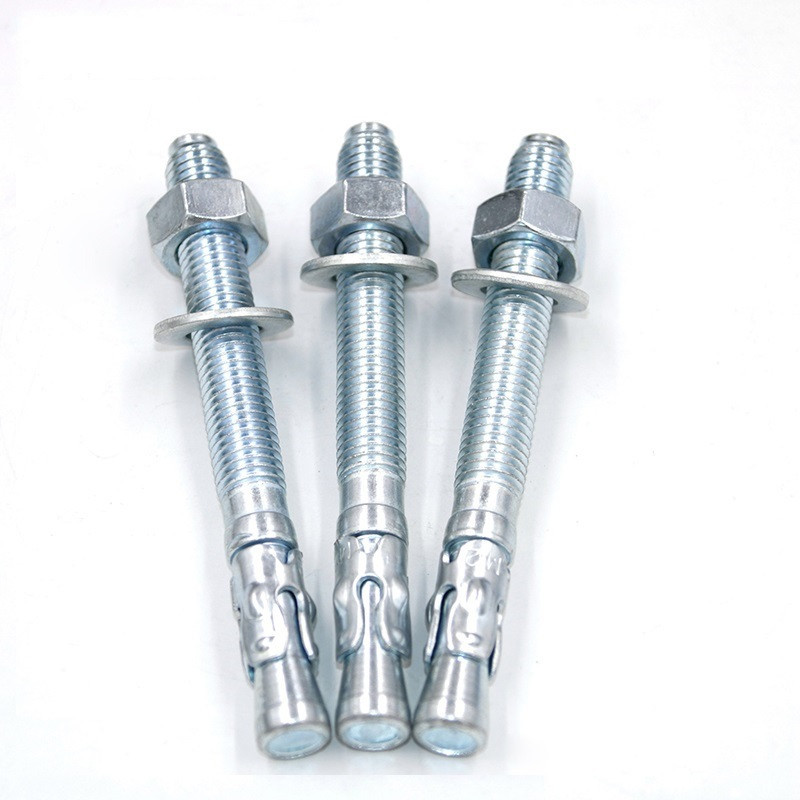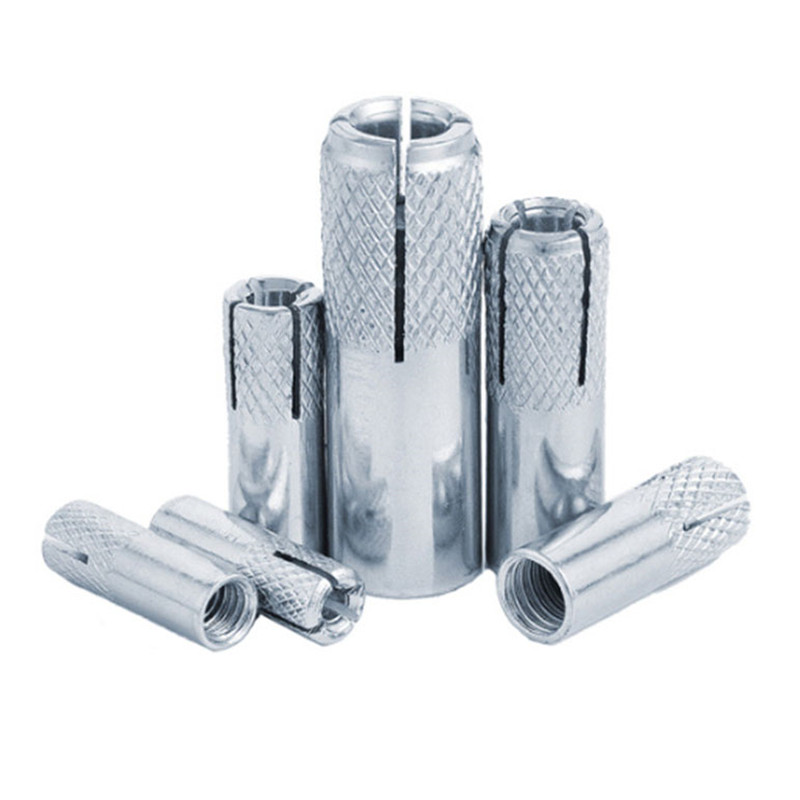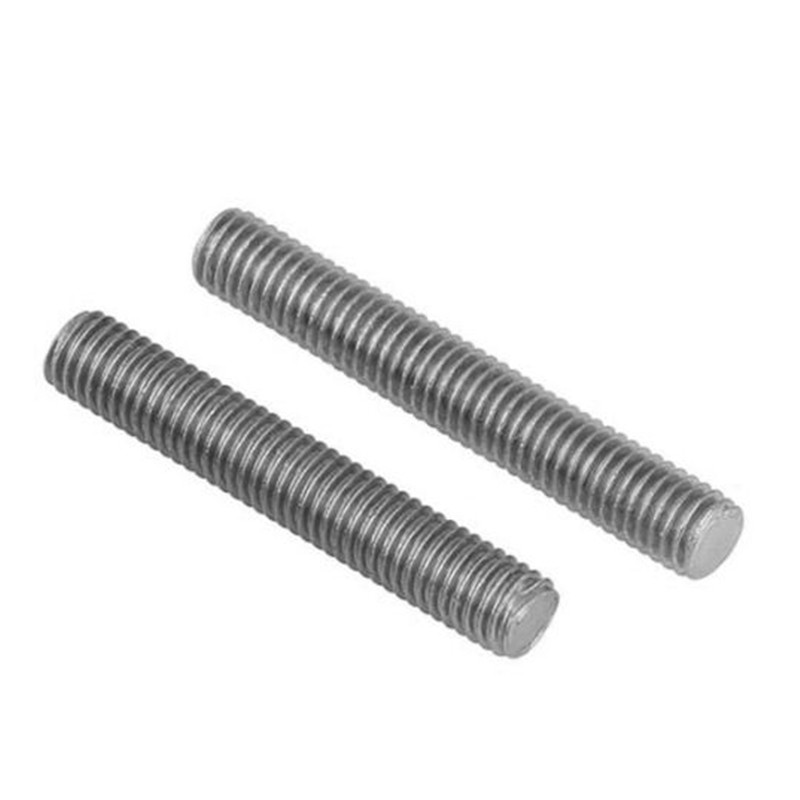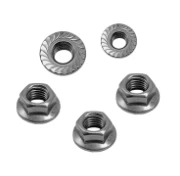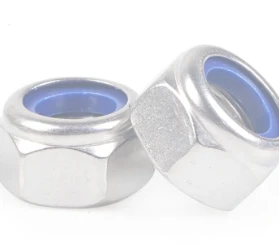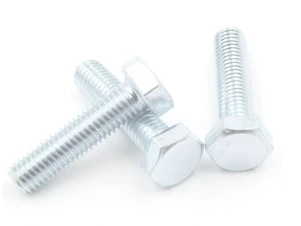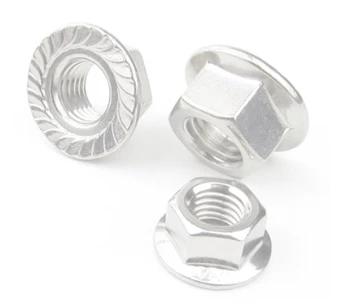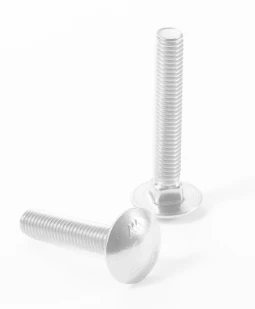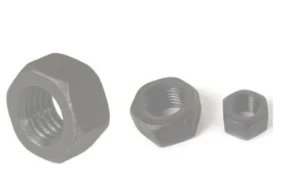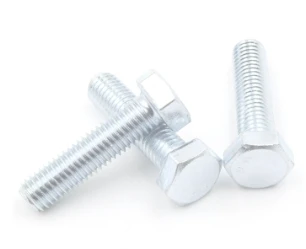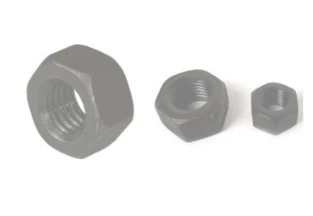The construction industry's shift toward sustainable materials has highlighted the ecological advantages of stainless steel coach bolts compared to traditional fastener options. These specialized carriage bolts offer superior environmental performance throughout their lifecycle, from production to eventual recycling. The durability of coach bolts made from stainless steel significantly reduces replacement frequency, minimizing resource consumption and waste generation. Unlike standard carriage bolts that may require protective coatings, stainless steel coach bolts maintain their integrity without toxic treatments that could leach into ecosystems. The manufacturing process for high-quality coach bolts using stainless steel alloys has become increasingly energy-efficient, further enhancing their environmental credentials. When evaluating fastener options, stainless steel coach bolts emerge as an eco-conscious choice that delivers long-term sustainability benefits without compromising structural performance.
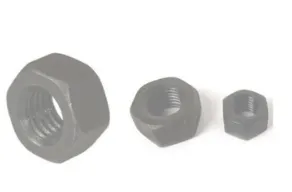
Reduced Material Consumption with Stainless Steel Coach Bolts
The exceptional longevity of stainless steel coach bolts directly translates to reduced material consumption compared to standard carriage bolts. Where conventional coach bolts might require replacement every 5-10 years in harsh environments, stainless steel coach bolts often last decades without degradation. This extended service life means fewer fasteners needed over time, significantly lowering the cumulative environmental impact of manufacturing and transporting replacement carriage bolts. The corrosion resistance of stainless steel coach bolts eliminates the need for galvanic coatings used on standard coach bolts, avoiding the zinc mining and processing associated with these protective treatments. The high strength-to-weight ratio of premium stainless steel coach bolts allows for optimized sizing, using less material while achieving equivalent or superior performance to bulkier alternatives. When considering complete life cycle analysis, carriage bolts made from stainless steel demonstrate clear advantages in resource efficiency, particularly for applications exposed to moisture, chemicals, or extreme temperatures that accelerate the deterioration of conventional fasteners.
Recyclability and Circular Economy Benefits of Coach Bolts
The stainless steel coach bolts contribute significantly to circular economy principles through their infinite recyclability without quality loss. Unlike coated carriage bolts that require separation of different materials before recycling, coach bolts made from stainless steel can be directly remelted and reformed into new products. The high scrap value of stainless steel coach bolts creates economic incentives for proper recovery at end-of-life, unlike standard carriage bolts that often end up in landfills due to low recovery value. Modern foundries can recycle coach bolts with up to 90% energy savings compared to primary stainless steel production, dramatically reducing the carbon footprint of subsequent fastener generations. The material purity of stainless steel coach bolts makes them particularly valuable in closed-loop recycling systems, where they can be transformed back into equally high-quality fasteners rather than being downcycled into lower-grade products. This recyclability advantage positions carriage bolts manufactured from stainless steel as a preferred choice for environmentally conscious construction projects aiming for LEED certification or other green building standards.
Elimination of Toxic Coatings with Stainless Steel Coach Bolts
The inherent corrosion resistance of stainless steel coach bolts removes the need for environmentally hazardous coatings required by conventional carriage bolts. Standard coach bolts often rely on zinc, cadmium, or chromium-based coatings that involve toxic substances in their application processes and potential environmental release during use. The manufacturing of stainless steel coach bolts avoids these coating processes altogether, eliminating associated volatile organic compound (VOC) emissions and heavy metal contamination risks. Unlike coated carriage bolts that may leach zinc or other metals into soil and water over time, coach bolts made from high-grade stainless steel remain inert in virtually all environmental conditions. This characteristic makes stainless steel coach bolts particularly valuable for sensitive applications like marine construction, water treatment facilities, and agricultural buildings where fastener corrosion products could harm ecosystems. The elimination of coating processes also reduces the water consumption and wastewater treatment requirements associated with producing conventional protected carriage bolts, further enhancing the environmental profile of stainless steel alternatives.
Energy Efficiency in Production of Coach Bolts
Modern manufacturing techniques have significantly improved the energy efficiency of producing stainless steel coach bolts compared to historical methods. While the initial production of stainless steel requires more energy than carbon steel used for standard carriage bolts, this difference narrows when considering the complete lifecycle including coating processes for conventional coach bolts. Advanced melting and forming technologies now allow manufacturers to create stainless steel coach bolts with tighter tolerances, reducing material waste during production. The durability of carriage bolts made from stainless steel means fewer manufacturing cycles over time, as structures require less frequent fastener replacement. Some producers of coach bolts now utilize renewable energy sources in their stainless steel fastener production, further reducing the carbon footprint. The cold-forming processes used to manufacture stainless steel coach bolts consume significantly less energy than hot-forging methods traditionally used for large carriage bolts. These production efficiencies, combined with the extended service life of stainless steel fasteners, make coach bolts from this material an increasingly sustainable choice for builders and engineers.
Stainless Steel Coach Bolts Często zadawane pytania
How Does the Carbon Footprint of Stainless Steel Coach Bolts Compare to Galvanized Carriage Bolts?
While stainless steel coach bolts have a higher initial production footprint, their extended lifespan and elimination of replacement needs typically result in lower total carbon impact over 20+ years compared to multiple generations of galvanized carriage bolts.
Are All Grades of Stainless Steel Coach Bolts Equally Environmentally Friendly?
The 304 and 316 grades of coach bolts offer the best environmental performance, with 316 providing superior corrosion resistance in harsh conditions, reducing maintenance needs and potential environmental contamination risks.
Can Stainless Steel Coach Bolts Be Used with Treated Wood Without Corrosion Issues?
Unlike standard carriage bolts, high-quality stainless steel coach bolts resist corrosion from modern wood treatments, making them ideal for use with pressure-treated lumber without environmental contamination concerns.
What Makes the Recycling Process for Coach Bolts More Sustainable Than Standard Carriage Bolts?
Stainless steel coach bolts can be directly remelted without coating removal, while recycling galvanized carriage bolts requires energy-intensive separation processes and results in zinc emissions during smelting.
How Do Stainless Steel Coach Bolts Contribute to Green Building Certifications?
The durability, recyclability, and low toxicity of stainless steel coach bolts help projects earn points toward LEED and other green building standards by reducing long-term environmental impacts compared to conventional carriage bolts.
For environmentally responsible fastening solutions, visit our website to explore our range of premium stainless steel coach bolts designed for sustainability without performance compromise. Our technical team can help you select the ideal coach bolts for your project's specific environmental conditions and structural requirements. Contact us today to request lifecycle analysis data and technical specifications that demonstrate why leading green builders choose our stainless steel coach bolts over conventional carriage bolts for their most eco-conscious projects. Let us show you how our fasteners contribute to more sustainable construction practices while delivering unmatched durability and reliability.
Post time: sie . 04, 2025 13:38


